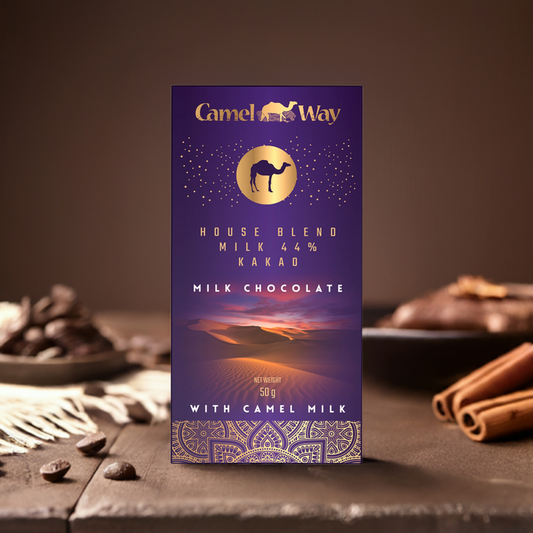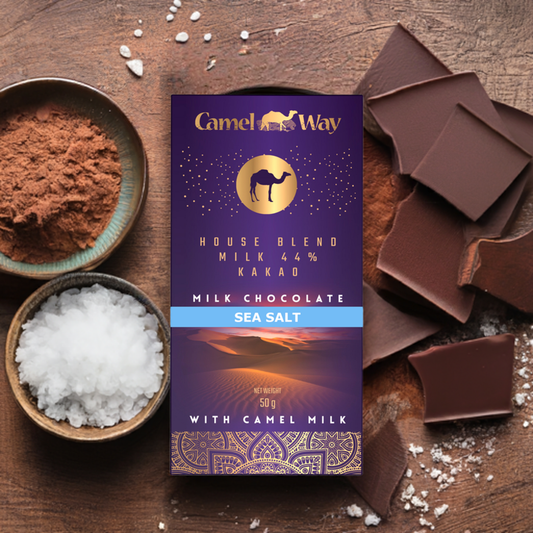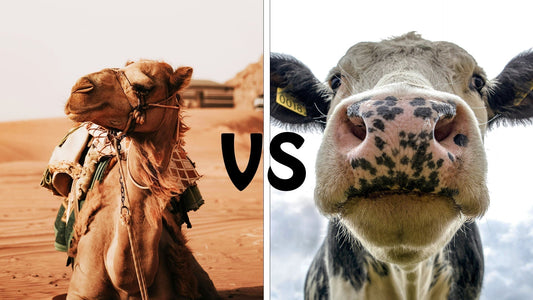
Lactoferrin: A Key to Immunity and Growth
Central to camel milk's benefits is lactoferrin, a multifunctional protein also abundant in human breast milk. Lactoferrin is celebrated for its antimicrobial, anti-inflammatory, and immune-boosting properties.
It plays a vital role in the health of pregnant and breastfeeding women, as well as in the developmental needs of infants. Scientific studies highlight lactoferrin's ability to bolster the immune system, enhancing resistance to infections and reducing inflammation, which is paramount during pregnancy and early childhood.
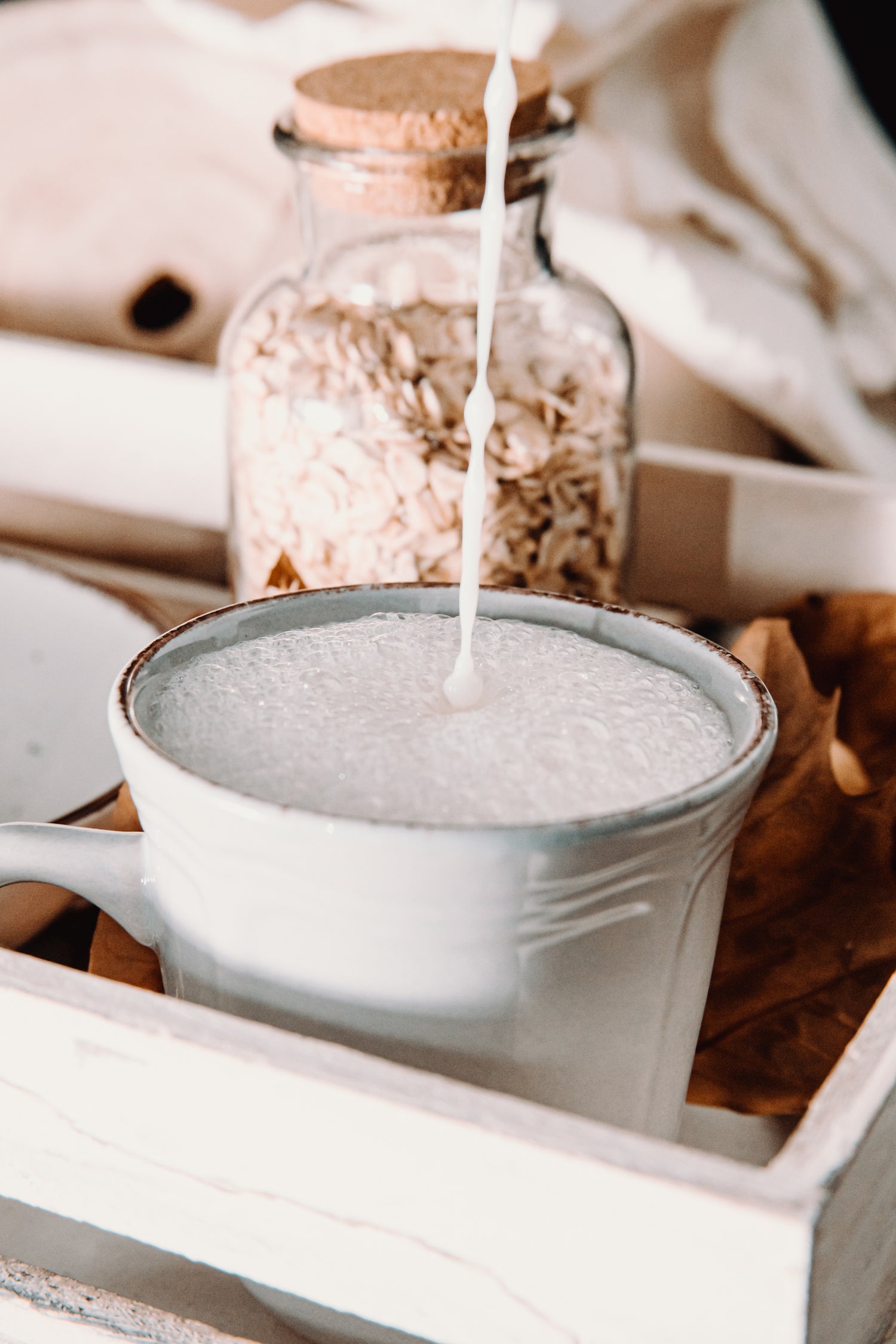
Meeting the Nutritional Demands of Pregnancy
Pregnancy is a period of heightened nutritional needs. Camel milk, rich in essential nutrients like calcium, protein, vitamins, and iron, offers an ideal solution.
The high calcium content in camel milk is crucial for fetal development, particularly in the third trimester, aiding in the formation of bones, teeth, nerves, and muscles.
Additionally, camel milk's unique protein profile supports the proper growth and development of fetal organs.
CamelWay
CamelWay™ Camel Milk Powder (900g) | 9 Liters Total | Best Value Supply









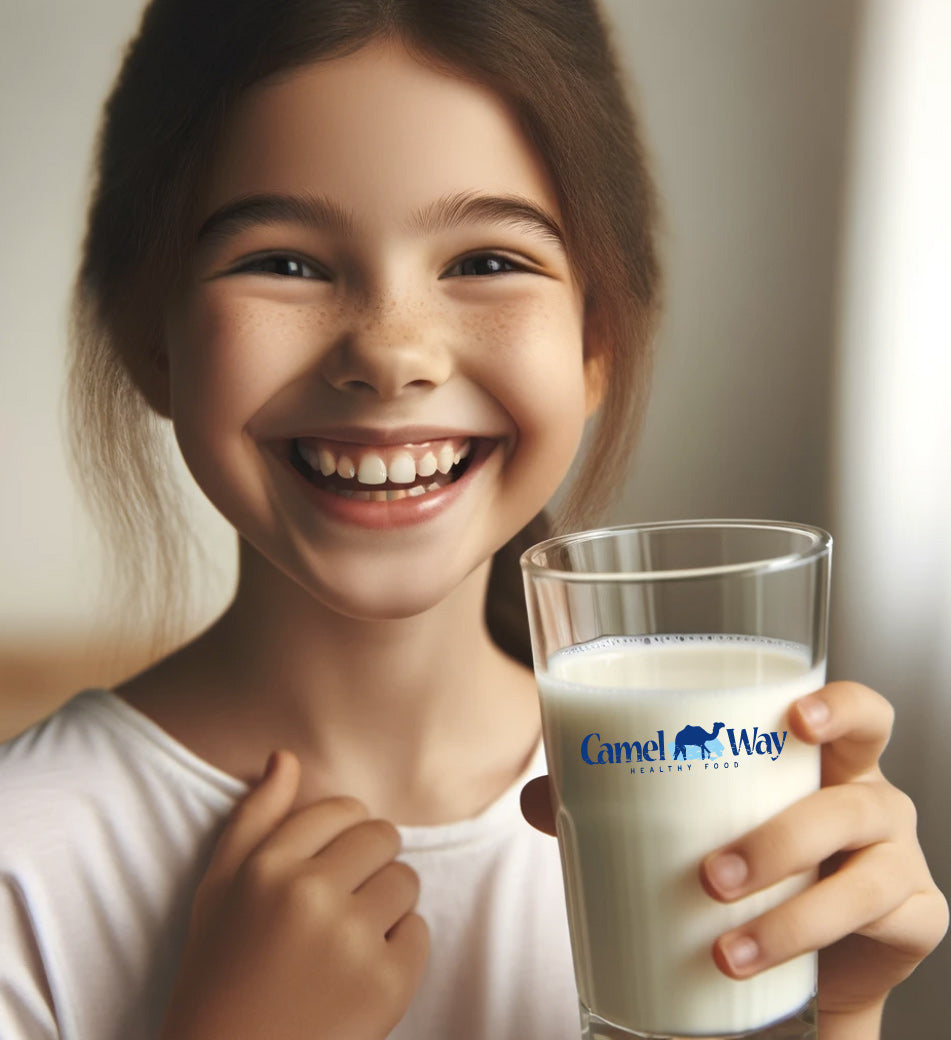
Iron and Vitamin C: Essentials for Maternal Health
Iron deficiency is a common concern during pregnancy, and camel milk addresses this need effectively. It provides up to ten times more iron than cow's milk, meeting the increased iron requirements during pregnancy.
This, coupled with its high vitamin C content, ensures better iron absorption and overall maternal health.

A Hypoallergenic Option for Sensitive Systems
For expectant mothers with sensitivities to cow's milk or other common allergens, camel milk serves as a hypoallergenic alternative.
Its unique protein structure reduces the likelihood of allergic reactions, making it a safe and healthful option during pregnancy.
CamelWay
CamelWay™ Camel Milk Powder (300g) | Yields 3 Liters of Fresh Milk









Breastfeeding and Beyond: The Benefits of Camel Milk
Closest Alternative to Human Breast Milk
Remarkably, the nutritional profile of camel milk closely mirrors that of human breast milk. This similarity makes it an excellent choice for breastfeeding mothers who may face challenges in producing sufficient milk or for infants who require supplemental feeding.
Camel milk provides a harmonious balance of nutrients, including proteins, fats, carbohydrates, vitamins, and minerals, essential for an infant's growth and development.

Enhancing Maternal and Infant Health
Camel milk's rich composition benefits not only the infant but also the nursing mother. Its high iron content is crucial for mothers recovering post-delivery, helping prevent anemia.
The presence of immune-boosting elements like lactoferrin and immunoglobulins contributes to enhancing the overall health and well-being of both mother and child.

Nutritional Profile and Benefits for Infants
For infants who may have allergies or intolerances to cow's milk or soy formulas, camel milk emerges as a hypoallergenic alternative. Its unique protein composition reduces the likelihood of allergic reactions, making it suitable for sensitive digestive systems.
The balanced nutrient profile of camel milk supports the all-round development of infants. It provides essential fats necessary for brain development, proteins for muscle growth, and vitamins and minerals for overall health. Its easy digestibility ensures that infants can absorb these nutrients efficiently.
Our premium camel milk products:
-
CamelWay™ Camel Milk Powder (300g) | Yields 3 Liters of Fresh Milk
Vendor:CamelWayRegular price €63,95Regular price€79,95Sale price €63,95Sale -
CamelWay™ Camel Milk Powder (900g) | 9 Liters Total | Best Value Supply
Vendor:CamelWayRegular price €164,95Regular price€191,85Sale price €164,95Sale -
Handmade Camel Milk Chocolate | 44% Cocoa
Vendor:CamelWayRegular price €8,95Regular price€12,95Sale price €8,95Sale -
Handmade Camel Milk Chocolate with Sea Salt | 44% Cocoa
Vendor:CamelWayRegular price €8,95Regular price€12,95Sale price €8,95Sale
Article sources and scientific research
- The importance of nutrition in pregnancy and lactation: lifelong consequences (PMID: 34968458)
https://pubmed.ncbi.nlm.nih.gov/34968458/ - Nutritional, antimicrobial and medicinal properties of Camel's milk: A review (PMID: 34025186)
https://pubmed.ncbi.nlm.nih.gov/34025186/ - Calcium: A Nutrient in Pregnancy (PMID: 28867880)
https://www.ncbi.nlm.nih.gov/pmc/articles/PMC5561751/ - How does camel milk fat profile compare with that of human milk fat to serve as a substitute for human milk?
https://www.sciencedirect.com/science/article/abs/pii/S0958694623001577








